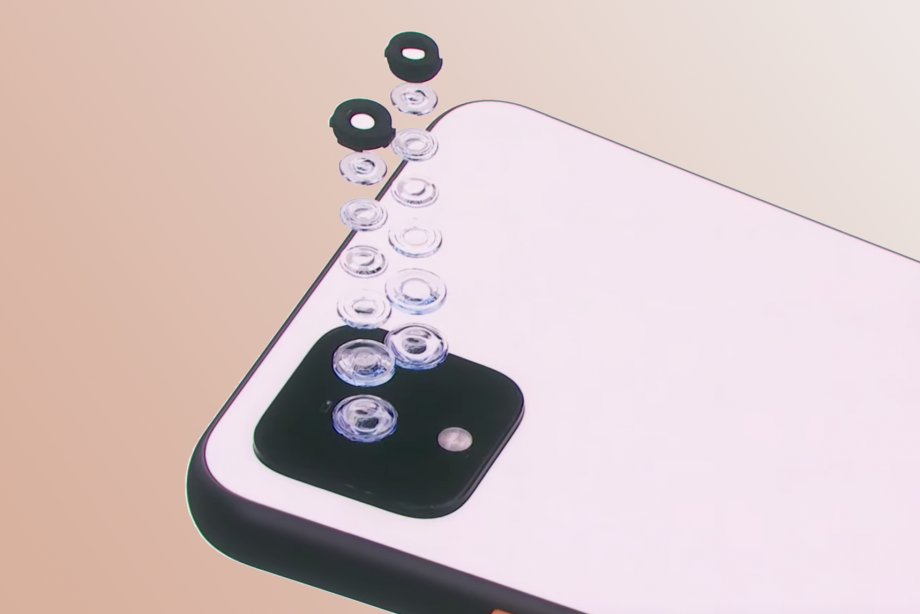Google and Apple were right not to release a 5G iPhone 11 and Pixel 4 – here’s why

Google and Apple were right not to release 5G variants of the Pixel 4 and iPhone 11, according to fresh industry research.
Separate research papers from CCS Insight and Strategy Analytics released this week both highlight that while 5G-connectivity is a far bigger factor in flagship phone buyers’ minds than first expected, sales of compatible phones won’t take off until 2020-2024.
Insight director of consumer and connectivity at CCS, Kester Mann, said that the firm estimates there will one billion 5G phones active in the world in 2022. The figure will go up to two billion in 2024 and three billion in 2025. Europe will reportedly only account of 0.5 billion of these connections in 2025.
Related: iPhone 11 review
5G is a new networking technology that is being gradually rolled out across the globe that aims to offer users gigabit-per-second data speeds that can download entire TV series in minutes.
The CCS research highlighted UK phone buyers as being particularly slow adopters, despite the region being among the first to get the tech, with seven out of 10 reportedly “not needing it”.
Related: Pixel 4 review – an opening hands-on look at Google’s new flagship
Mann said that firms will have to prove the benefits of 5G and find ways to reduce contract and handset prices to make the technology more mainstream.
“There’s a real opportunity for operators, handset makers and other players to gain market share in 5G by offering more-innovative service plans and to better communicate 5G’s benefits,” he said.
“And over the next year 5G-capable smartphones will appear at much more attractive prices than the current highs of $1,200 (£1,000).”
Mann highlighted gaming services, like Google Stadia and Nvidia GeForce Now as a key way networks could sell the benefits of 5G.
“With 5G, high throughput, low latencies and freedom from cords and cables could change the way people game and create a new use for 5G in the consumer market,” he said.
Related: Best phones 2019
Google Stadia and GeForce Now are streaming services that aim to let users stream demanding triple-A games over the cloud at resolutions up to 4K. Stadia will launch on select phones, including the new Pixel 4 and Pixel 4 XL in November.
Strategy Analytics reported similar findings in its new Global Smartphone Sales Forecasts by Technology for 88 Countries to 2024 report. The report suggests that, while 5G growth is strong, 5G phone sales won’t overtake 4G sales until 2024.
Google and Apple’s decision to not release 5G flagships this year caused quite a stir. Most other tech giants have released 5G phones over the last 12 months, including big name phones like the Galaxy S10 5G and OnePlus Pro 5G.
Google’s reasoning hasn’t been explained. Apple’s delay is believed to be due to supply issues with Intel. The company bought Intel’s modem division, in a move believed to be designed to speed up 5G iPhone development, earlier this year. Industry rumblings suggest the company may not be able to release a 5G iPhone with its own chipset until 2022 despite the purchase.


